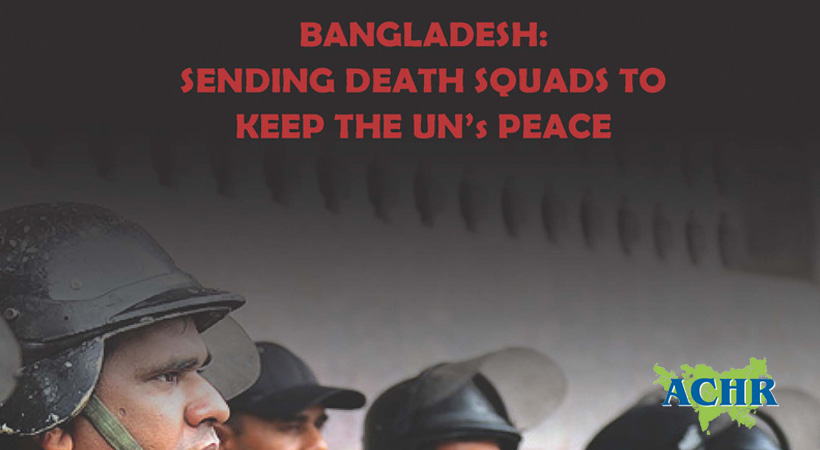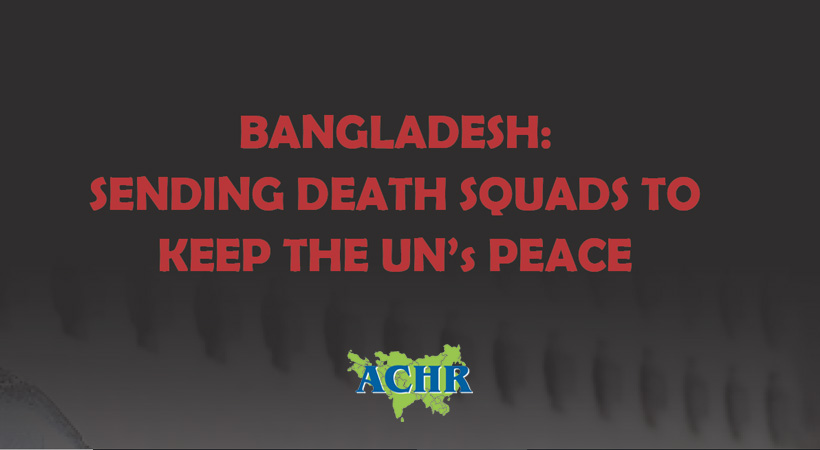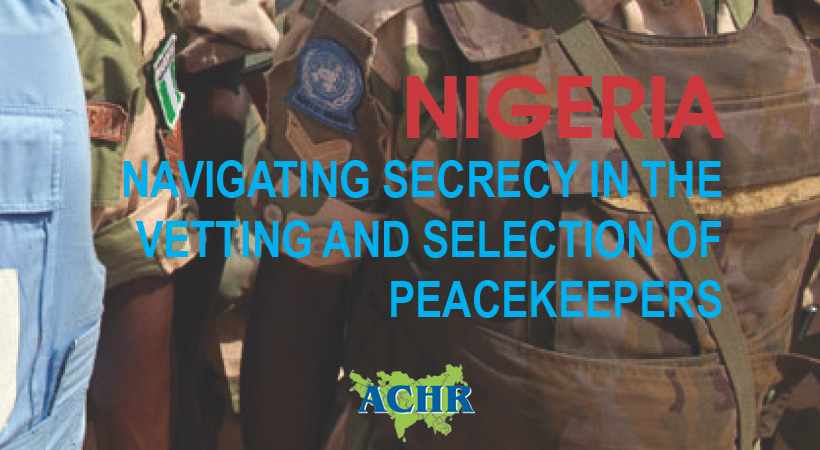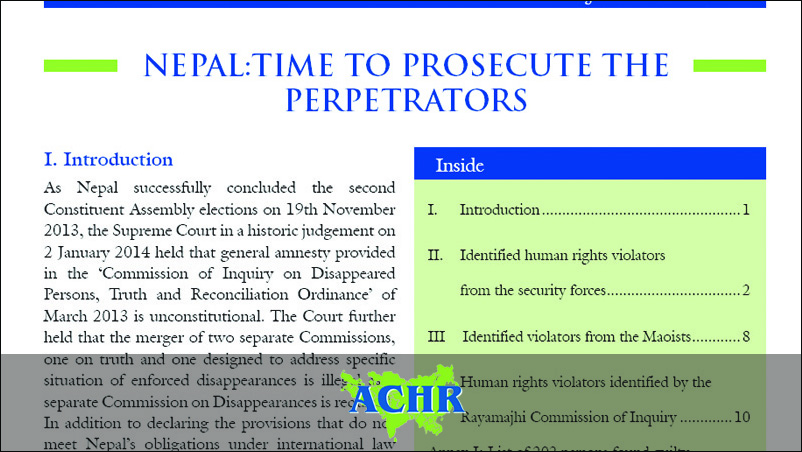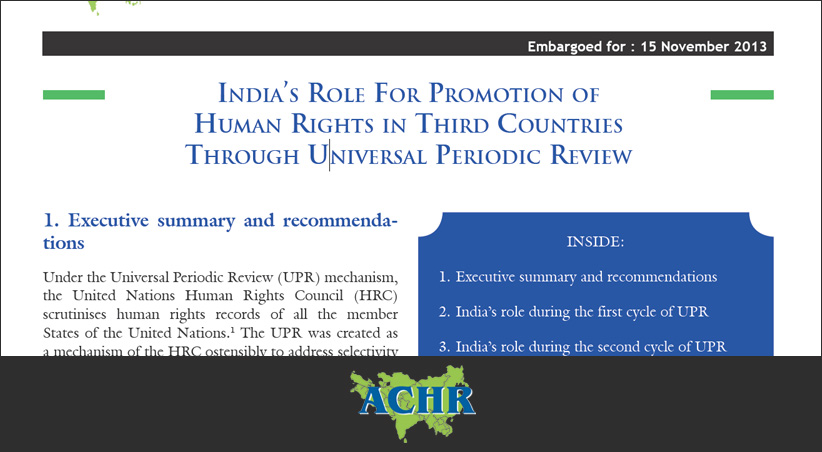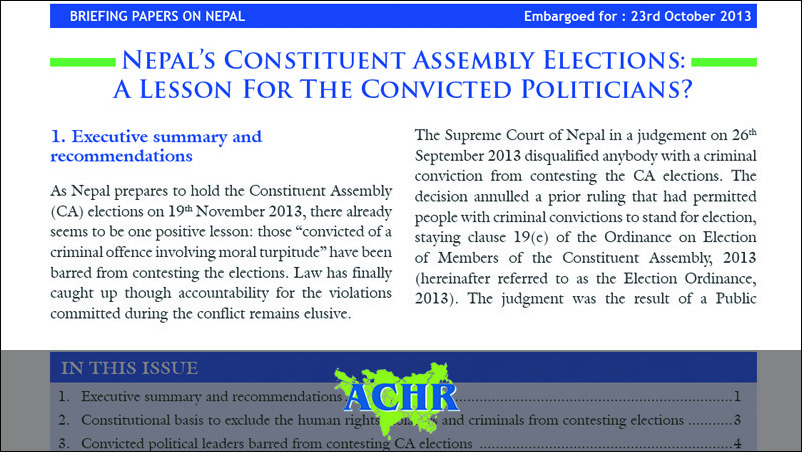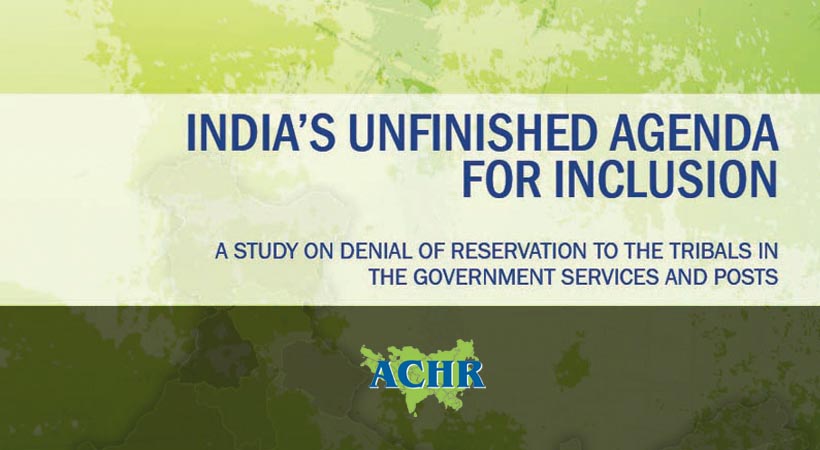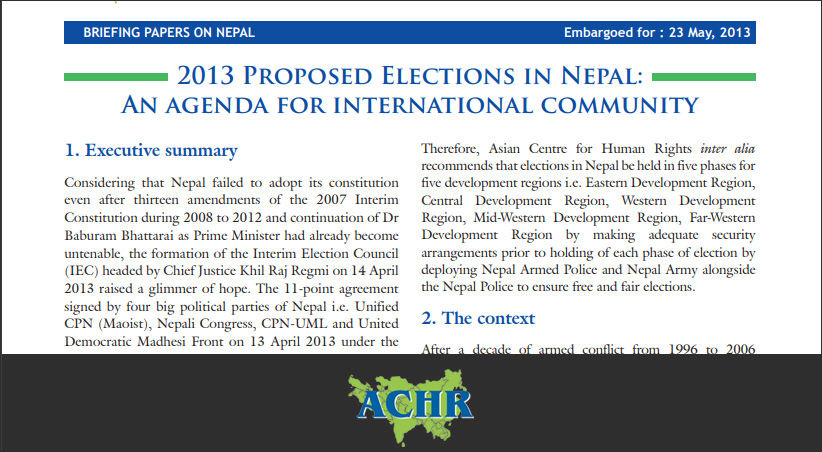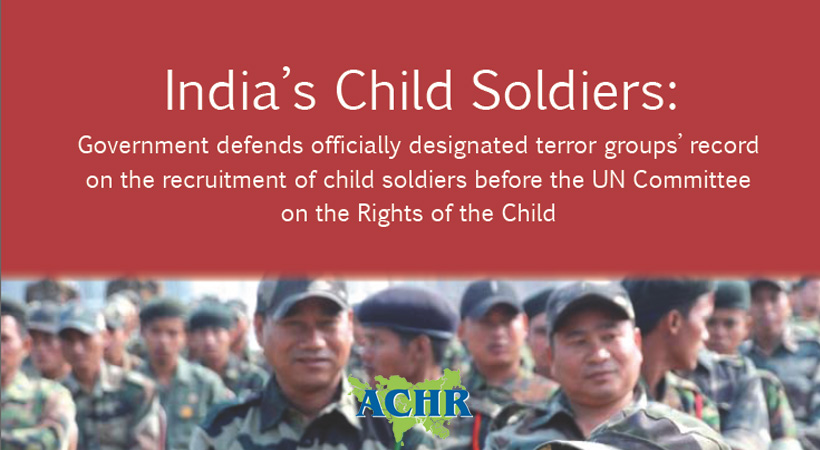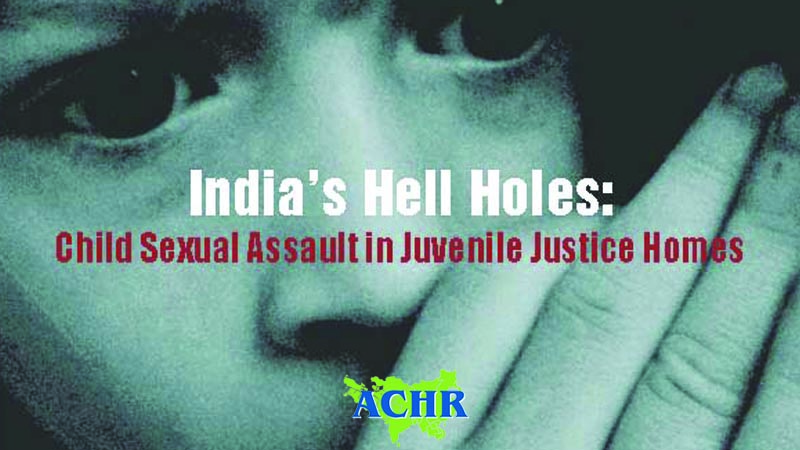Despite a return to democracy in December 1990, the Bangladesh Army remains “the power behind the throne” in Dhaka. Its control over the security forces is absolute. A large number of senior positions in the Bangladesh Navy and Bangladesh Air Force are served by Army officers as per Section 2A of the Army Act of […]
Publications
Bangladesh: Sending death squads to keep the UN’s peace
Despite a return to democracy in December 1990, the Bangladesh Army remains “the power behind the throne” in Dhaka. Its control over the security forces is absolute. A large number of senior positions in the Bangladesh Navy and Bangladesh Air Force are served by Army officers as per Section 2A of the Army Act of […]
Nigeria: Navigating Secrecy in the Vetting and Selection of Peacekeepers
Since 1960, Nigeria has been one of the United Nations’ (UN) largest troop contributing countries. Throughout these years, Nigerian forces have been regularly accused of corruption and human rights abuses. For example in 2005, 11 Nigerian policemen serving on a UN peacekeeping mission in the Democratic Republic of Congo (DRC) were withdrawn over sexual harassment […]
Nepal: Time to Prosecute the Perpetrators
As Nepal successfully concluded the second Constituent Assembly elections on 19th November 2013, the Supreme Court in a historic judgement on 2 January 2014 held that general amnesty provided in the ‘Commission of Inquiry on Disappeared Persons, Truth and Reconciliation Ordinance’ of March 2013 is unconstitutional. The Court further held that the merger of two […]
India’s Role For Promotion of Human Rights in Third Countries Through Universal Periodic Review
Under the Universal Periodic Review (UPR) mechanism, the United Nations Human Rights Council (HRC) scrutinises human rights records of all the member States of the United Nations. The UPR was created as a mechanism of the HRC ostensibly to address selectivity and politicization under then UN Commission on Human Rights. Since its first session in […]
Nepal’s Constituent Assembly Elections: A Lesson For The Convicted Politicians?
As Nepal prepares to hold the Constituent Assembly (CA) elections on 19th November 2013, there already seems to be one positive lesson: those “convicted of a criminal offence involving moral turpitude” have been barred from contesting the elections. Law has finally caught up though accountability for the violations committed during the conflict remains elusive. The […]
India’s Unfinished Agenda for Inclusion: A study on denial of reservation to the tribals in the government services and posts
On 23 May 2013, the Union Cabinet presided by Prime Minister Dr Manmohan Singh approved a Special Recruitment Drive to fill the backlog in reserved vacancies including that for the Scheduled Tribes (STs) by 2013. Earlier on 4 January 2013, the Ministry of Personnel, Public Grievances and Pensions issued instructions to appoint Liaison Officers in […]
2013 Proposed Elections in Nepal: An agenda for international community
Considering that Nepal failed to adopt its constitution even after thirteen amendments of the 2007 Interim Constitution during 2008 to 2012 and continuation of Dr Baburam Bhattarai as Prime Minister had already become untenable, the formation of the Interim Election Council (IEC) headed by Chief Justice Khil Raj Regmi on 14 April 2013 raised a […]
India’s Child Soldiers: Government defends officially designated terror groups’ record on the recruitment of child soldiers before the UN Committee on the Rights of the Child
This report is the first comprehensive report on the recruitment and involvement of children in India’s burgeoning internal armed conflicts which currently afflicts 197 out of 640 districts. It has been prepared for submission as a shadow report to the Periodic Report of the Government of India on the Optional Protocol to the Convention on […]
India’s Hell Holes: Child Sexual Assault in Juvenile Justice Homes
Sexual offences against children in India have reached an epidemic proportion and the Protection of Children from Sexual Offences Act, 2012 (POCSO) is unlikely to be able to address the menace unless the Government of India and the State Governments take effective measures for proper implementation of the same. A total of 48,338 child rape […]

